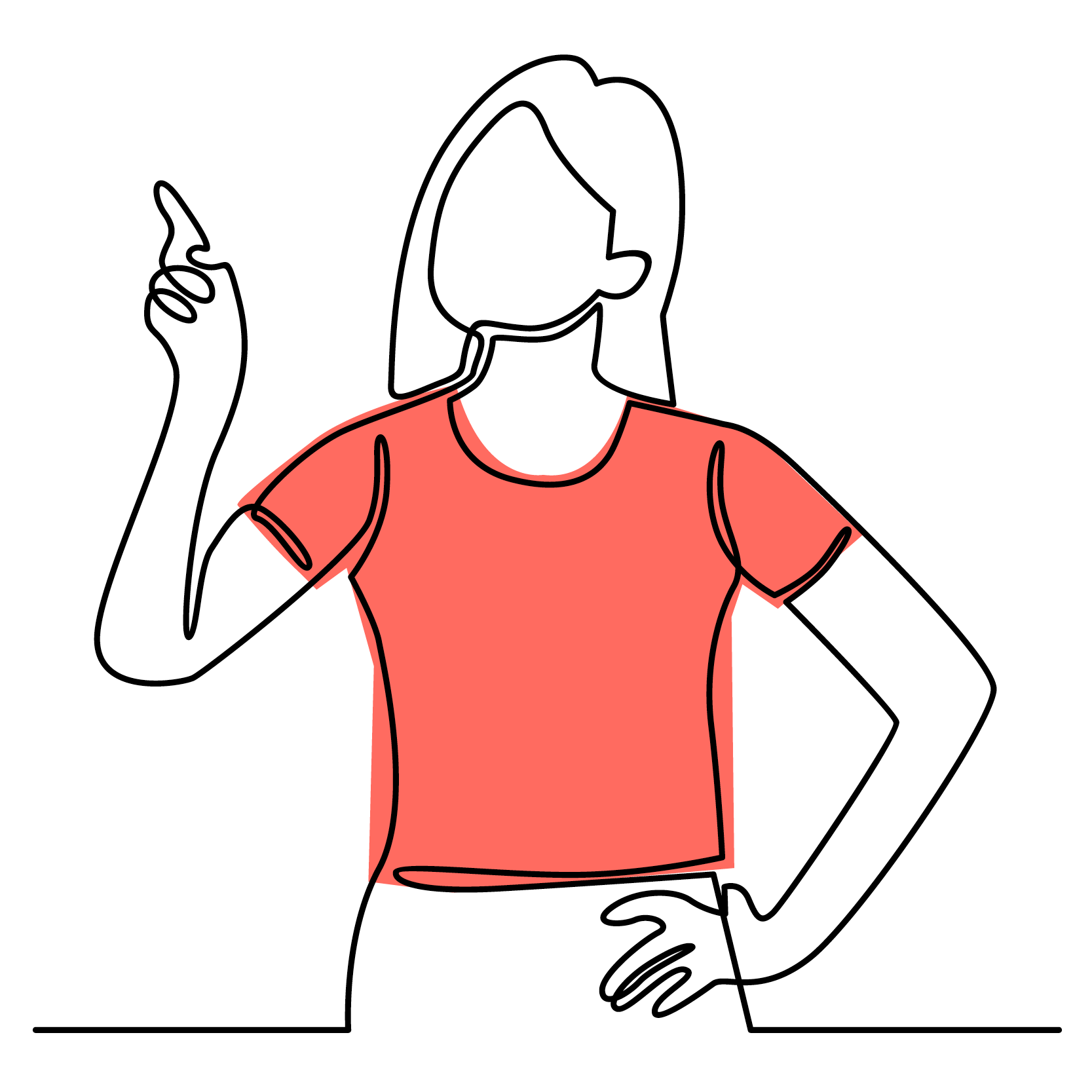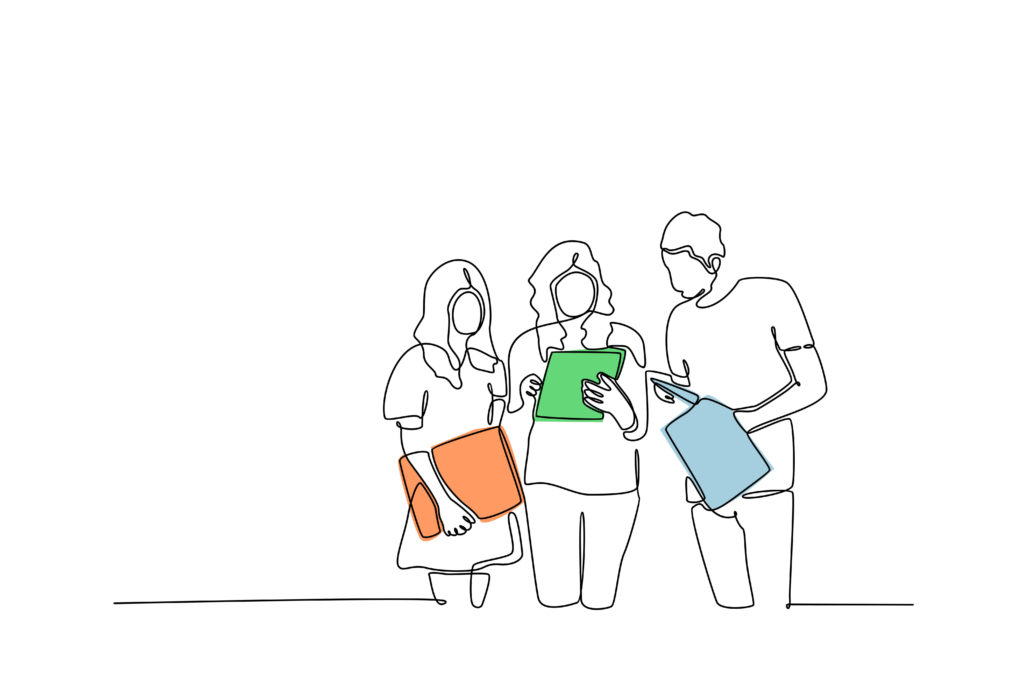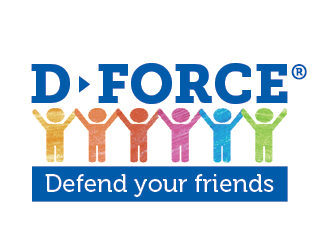WHAT WOULD YOU DO?
In this lesson you will think about the short and long-term consequences of your choices, through scenarios.
These strategies help you make better decisions and eliminate poor choices which lead to negative consequences.
You can print this worksheet or open it in Google Docs (you will need a Google account).

4.1 Think about your choices in situations

4.1.1 Discuss a scenario
Choose a scenario. Make a decision about the choice the person will make. (work in groups if possible). Explain your choice.

4.1.2 Act out the scenario
If you can, get into groups to act out the scenario in front of the class. Use voice, actions and expression to illustrate the reality of the situation and what happens next.
Scenarios
Scenario 1: It’s the weekend and Alex’s parents are out of town and she’s having a party. When you get there everyone is dancing and playing drinking games. As the night continues, one of the partygoers – who you do not know – is smoking an unknown substance in a bong. They offer it to everyone and declare it will “keep the party going.” What do you do?
Scenario 2: You are in a car driving to a party with friends. One of the people in the car lights up a pipe and starts smoking a strong smelling substance. They offer the pipe to everyone in the car. What do you do?
Scenario 3: Your best friend just started dating this new girl or guy. You know this girl or guy has a reputation for being into drugs. You notice your friend starting to look more and more fatigued at school, and there is a definite distance in your friendship. What do you do?
Scenario 4: It’s a Friday after a really busy school week where it feels that all has gone wrong for you. You feel stressed and a bit like things are getting out of control. A friend is trying to cheer you up and tells you they have something that they find helps. They offer you a white powder to sniff, declaring that it will help you feel much better about everything. What do you do?
Scenario 5: You do not do drugs, but it is well known that one of your best friends smokes pot from time to time. Your friend tells you that they have just got some “good stuff” for the weekend and asks if he/she can stash it in your locker at school because nobody would ever check your things. The “good stuff” appears to be a white crystalline substance. What do you do?
Scenario 6: You’re a player in your school or local basketball team and you twisted your knee during the last game. You haven’t told the coach yet, in hopes that you will play in the upcoming game. Your teammate offers you an unknown substance that they claim will help you get through the game and will stop the pain in your knee. What do you do?
4.2 Understand the types of choices you can make
What choices would you make?

4.2.1 Write choices from each point of view in relation to the scenario
# scenario
pro-social
anti-social
help you
help others
healthy
harmful
Examples
For example:
A pro-social choice would support the group. It demonstrates empathetic & healthy behaviour. eg helping someone when their car has broken down.
An anti-social choice would encourage the group to choose behaviour that is not empathetic or healthy. eg playing loud music late at night that wakes up the neighbours.
Look up the definitions for pro-social and anti-social behaviour.
What information or actions would help you or others? eg it would help to know why they are acting like they are.
What is the healthy or harmful choice for you? eg If I drank too much I would vomit or worse, end up in hospital. If I do not drink, I will wake up refreshed tomorrow and not waste the day.
4.3 The short and long term consequences of your choices
Predict the future.

4.3.1 How would their life change because of their actions?
Use an example of a scenario students chose where the person took the drug methamphetamine.
3 months
6 months
12 months

4.3.2 How would their life change because of their actions?
Use an example of a scenario students chose where the person did not take the drug methamphetamine.
3 months
6 months
12 months
How can you defend your friends when they are offered drugs?

4.3.3 List all the possible ways you could support your friends
Also discuss the things that make you hesitate to seek help, and the potential consequences of failing to seek help.

CHECK YOUR LEARNING
Facts about methamphetamine
Online game ‘Defending Westhaven’
Learn more
Get help
for you or someone you know
join now - it's free
